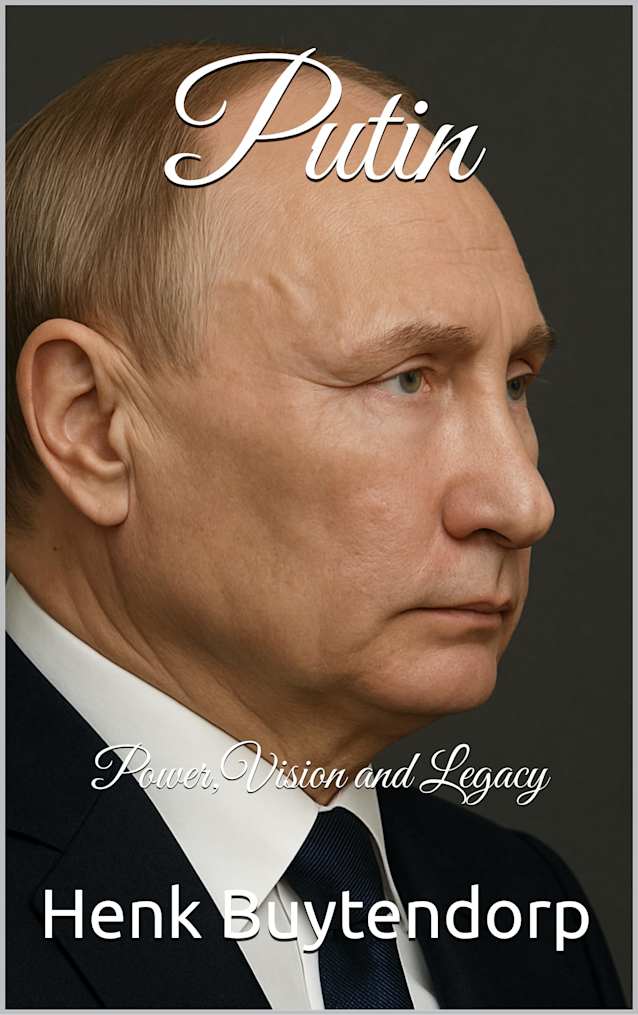Putin: Power,Vision and Legacy
About
Power, Vision and Legacy opens with Vladimir Putin’s early life in post-war Leningrad, a city still haunted by the scars of the Nazi siege. Born in 1952 to a war veteran father and a deeply traumatized mother who had already lost two sons, Putin grew up in a communal apartment steeped in austerity. As a child, he was scrappy and hot-tempered—traits that set him apart early. His refuge came in the form of judo, where he learned discipline, control, and resilience. By his teens, he had developed an obsession with the world of espionage, idolizing Soviet spies and dreaming of joining the KGB.
Despite being an average student, Putin’s determination led him to study law at Leningrad State University—his calculated pathway into intelligence. There, he quietly aligned himself with influential figures, including Anatoly Sobchak. Upon graduating in 1975, Putin was recruited into the KGB, completing rigorous training in surveillance and counterintelligence. Described as loyal, precise, and unassuming, he began his journey as a silent operator within the Soviet system.
These formative years—shaped by hardship, loss, discipline, and ambition—laid the foundation for the man who would later rise to dominate Russian politics with a unique mix of strategic caution, emotional control, and a relentless pursuit of power.
